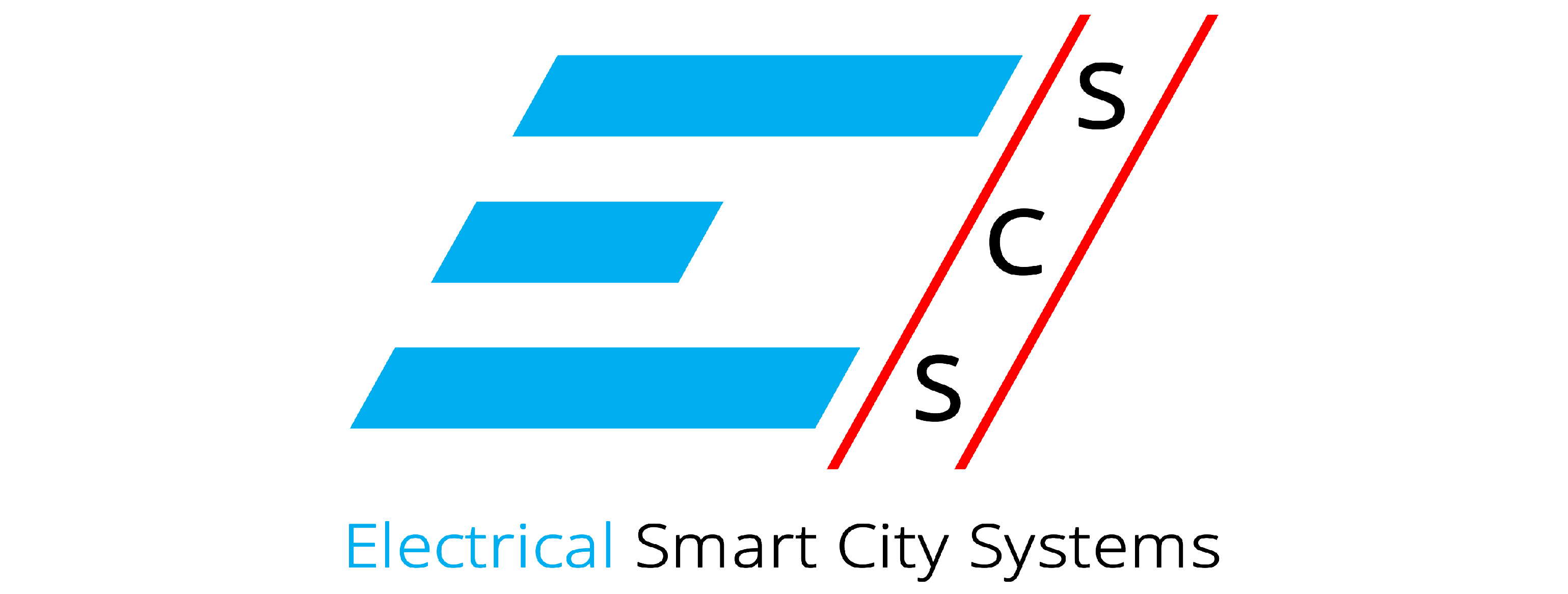FP, HW, SH: Study and Analysis of Security in O-RAN based 5G-Campusnetworks
The chair of ESCS is currently in the process of setting up its own O-RAN-based 5G campus network. Therefore we are currently looking for support in analyzing the security of O-RAN campus networks.
A campus network is an independent, locally limited mobile network [1]. 5G campus networks are based on the technology of 5G networks and offer advantages over other wireless communication technologies such as increased security, interference resilience due to licenced frequency bands, network coverage and throughput. Open RAN (Radio Access Networks) is a trend that the mobile communications industry has been pursuing in recent years [2]. O-RAN is a specification created by the O-RAN Alliance [3] for the creation of an Open RAN. The O-RAN specification offers thusly an, by now, established implementation of Open RAN in 5G campus networks. Precisely because Open RAN, O-RAN 5G campus networks develop a high functional potential, the security of these networks must also be examined from all sides.
Research directions
- Which threats are not covered by the O-RAN specification?
- How can campus networks be protected preventively from supply chain threats (trustworthiness)?
- Study: Analysis of the implementation of DDoS attacks on O-RAN campus networks
Research goals
Depending on the type of student research project, students will either answer a research question or assist in the testing of O-RAN 5G campus networks. This is achieved through analyses, studies and field tests in which disruptive attacks and threats to the ESCS campus network are tested.
Work topics(possible, but not limited to):
- Literature research on campus networks, Open RAN and O-RAN
- Familiarization with 5G mobile radio and O-RAN architectures
- Analysis of security vulnerabilities of Docker and Kubernetes
- Acquisition of knowledge for carrying out penetration tests
- Testing attacks on a campus network (DDoS attacks, spoofing, replay attacks, jamming, fake base station, etc.)
- Viewing data traffic with the help of suitable software
- Programming Linux scripts
- Identifying security vulnerabilities
- Carrying out threat analyses
Advantageous Skills(no mandatory necessity)
- Knowledge of Linux and Docker or similar containerization platforms
- Communication skills and interest in campus networks and/or security
- Knowledge of a higher programming language is an advantage (Python, Golang, JavaScript)
- Knowledge of the structure of mobile radio architectures or O-RAN
- Basic understanding of mobile communications
- Good knowledge of English
References
- A. Rostami, “Private 5g networks for vertical industries: Deployment and operation models,” in 2019 IEEE 2nd 5G World Forum (5GWF), pp. 433–439, 2019.
- Wypiór, D.; Klinkowski, M.; Michalski, I. Open RAN—Radio Access Network Evolution, Benefits and Market Trends. Appl. Sci. 2022, 12, 408. https://doi.org/10.3390/app12010408
- https://www.o-ran.org/

